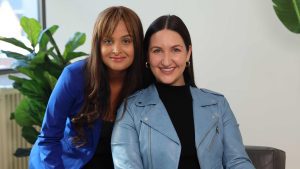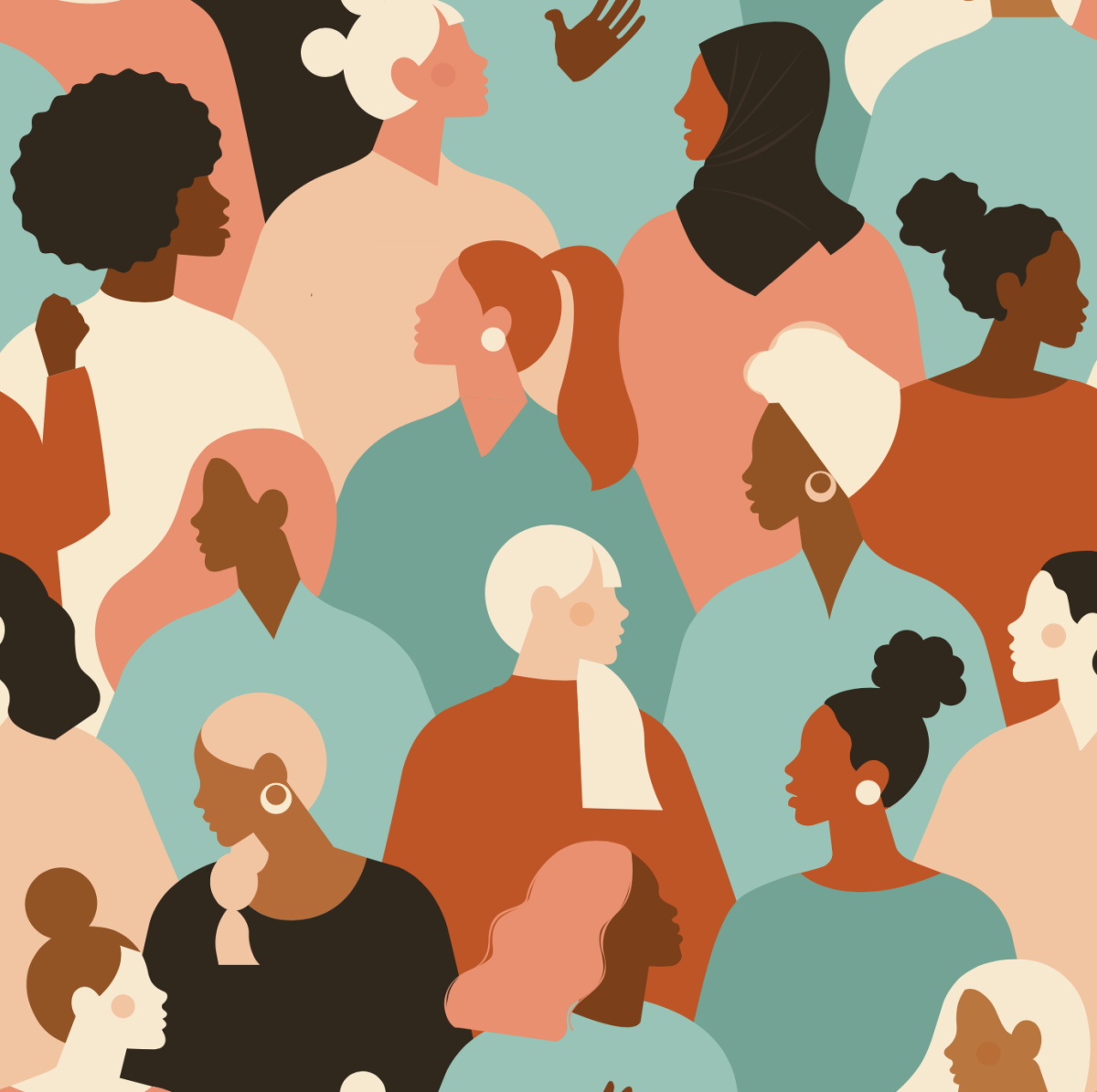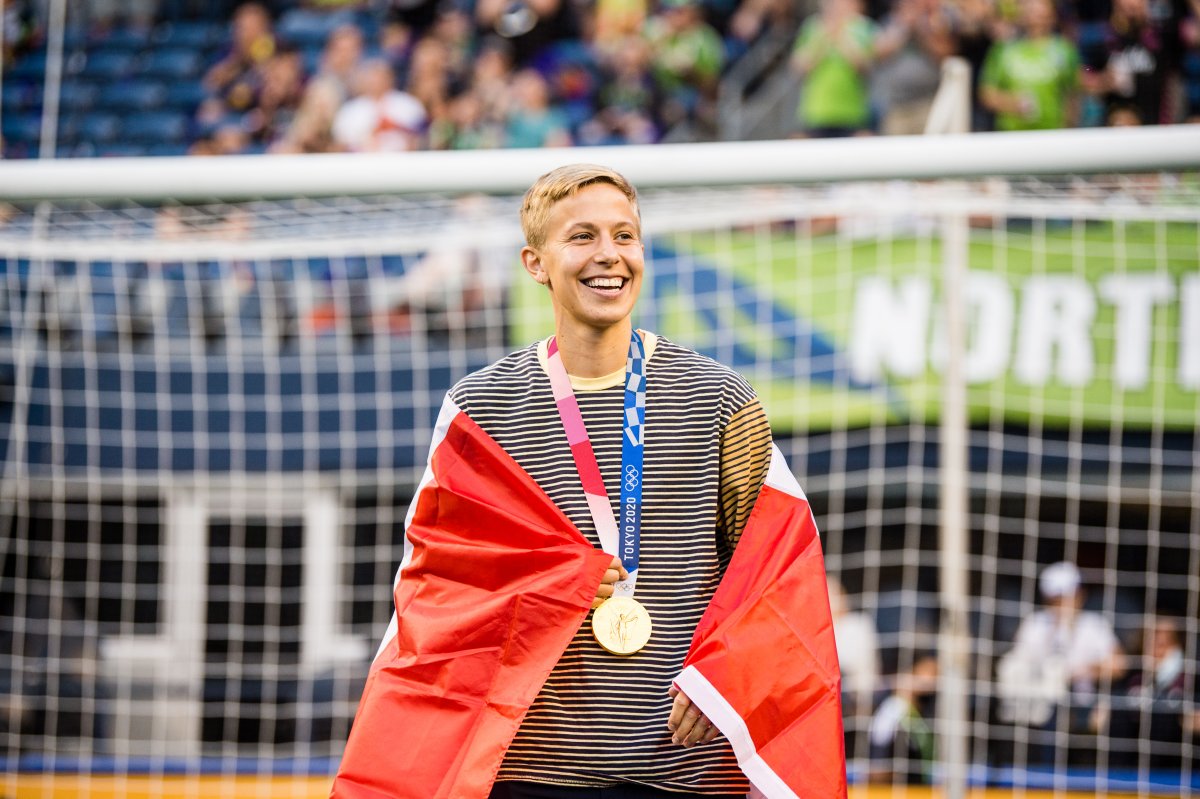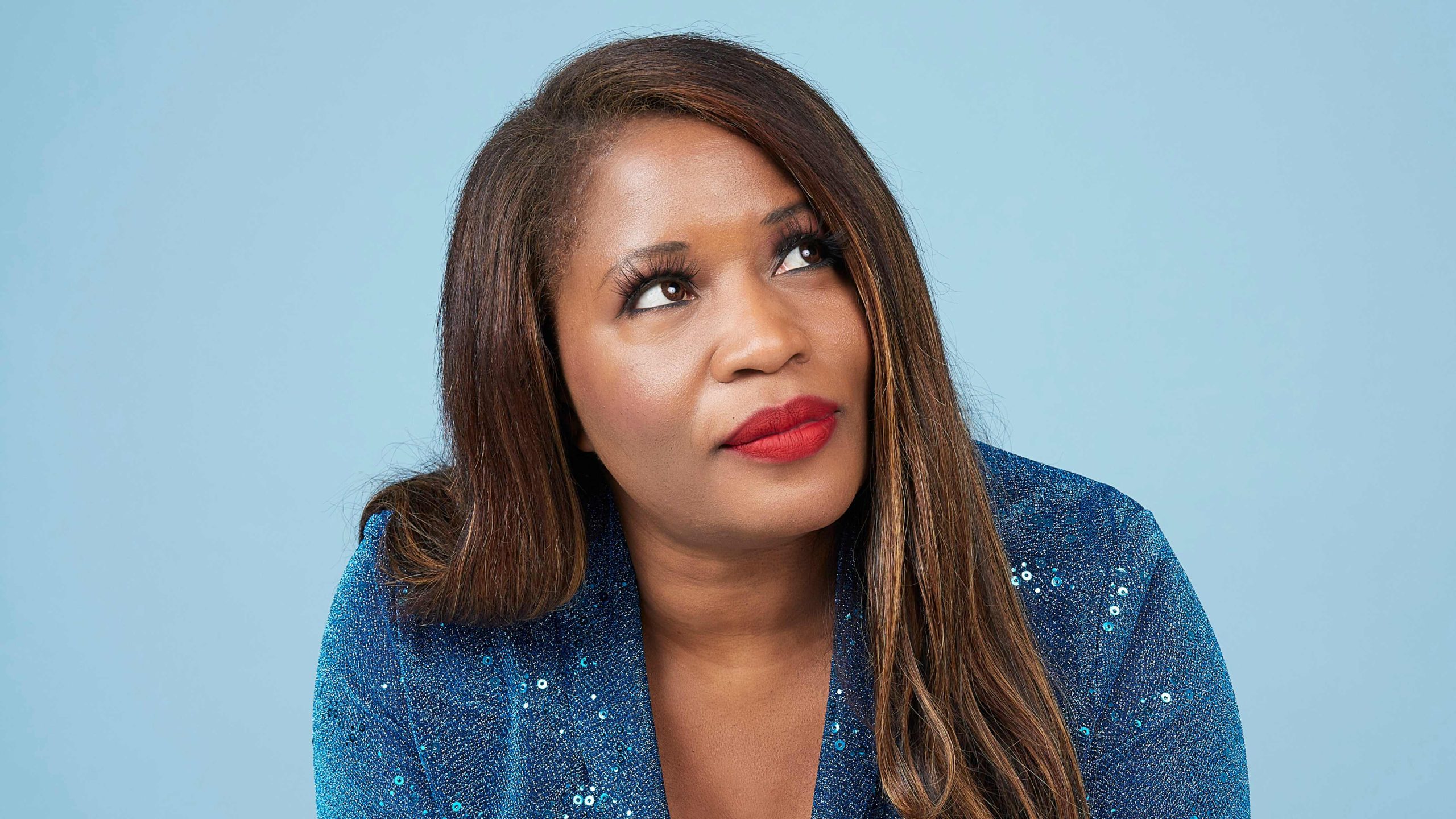The past year has been tense as large scale protests and the discourse surrounding issues pertaining to Black, Indigenous, People of Colour (BIPOC) has put the need for equality at the forefront. Across the board, it’s clear that there is work to be done. In the business world, especially, there are striking inequities that put into question if BIPOC women are being left even further behind. When diverse groups build companies, the venture capitalists (VCs) with the potential to fund those ideas are put under scrutiny. It begs the question: Are VCs creating a level playing field for everyone?
As someone with a thorough understanding of overcoming adversity, Serena Williams’ own experience achieving success is prime for filling a gap as a socially-conscious VC uplifting BIPOC women entrepreneurs. Her VC fund, Serena Ventures, aims to help solve this issue by embracing diverse leadership across several industries and creating social change. Currently, the fund has over 50 portfolio companies, which consist of 60 percent diverse founder investments.
Williams is an agent of change—one who is able to use her own experiences to see potential and invest in founders that look like her.
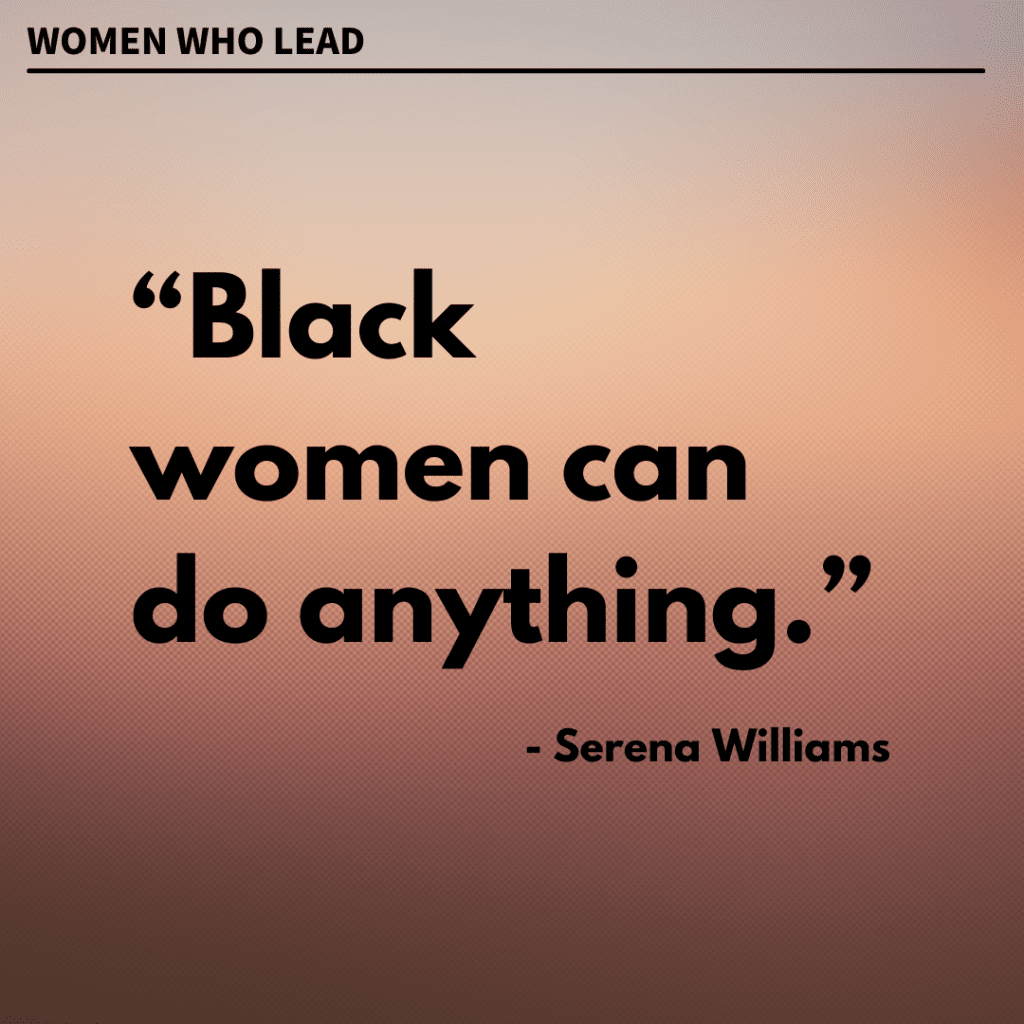

“Black women can do anything. As a community, we always have to make sure we are opening the door for the next generation to walk through,” said Williams.
Research from Highline Beta and Female Funders Women in Venture Report 2019 indicates that venture firms are twice as likely to invest in women-led startups if their firm has at least one female partner. At VC firms, partners and managers are predominantly men, with only 13.5 percent of partner roles being filled by women. As seniority in VC positions increase, gender diversity drops.
This inequity ripples throughout the landscape as VCs fail to diversify their ranks. When women are leaders at VC firms they are able to drive decisions about the types of companies firms invest in, opening the door for increased investment in female founders. According to PitchBook, in 2018 US companies founded solely by women received 2.7 percent of the total capital invested.
RELATED: 5 Female Founders on How to Raise Funds, Talk to Investors, and Grow An Empire
Black women are at the intersection of this issue, with research showing that Black founders (all genders) receive less than one percent of VC funding.
“It is no secret that women-led businesses receive a shockingly low amount of VC funding, and there is an even bigger disparity for BIPOC entrepreneurs. As an investor, I can play an impactful role in identifying people and companies that I am inspired by and do my part to help support their growth,” said Williams.
Defying the odds in a predominantly white, male sport, Williams’ own journey to the top highlights similar challenges to Black women in the VC world. She has experienced prejudice, been underpaid, undervalued, and has had her position in the sport constantly put into question.
To her credit, Williams hasn’t shied away from making her stance known on these issues. She famously boycotted the Indian Wells tennis tournament for 14 years after racist remarks were made from the crowd. Years later, when a tennis umpire gave her harsh consequences for breaking her racket, she criticized his decision as sexist considering the double standard of male players not receiving equal consequences for similar behaviour.
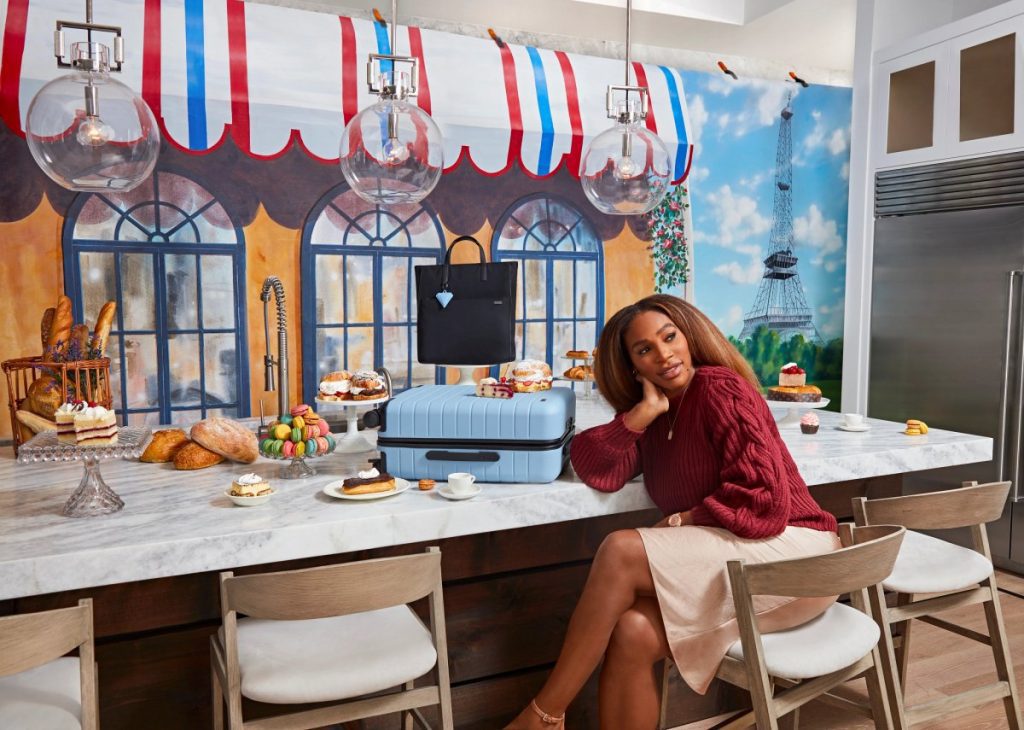

Off the court and now in the boardroom, Williams is spotlighting these inequities in a different environment. The dynamics between VCs and BIPOC women reflect similar injustices. The threat of unconscious bias alongside other socio-cultural factors has led to an imbalance in the VC landscape.
The way VCs consider potential risk when investing, especially in early-stage startups, can be harmful to women. A study by the Harvard Business Review revealed how VCs often frame questions differently to women versus men founders. VCs more frequently question female founders about potential for risk and losses. While men are met with more optimism about the potential for growth.
Another barrier to consider is how BIPOC women may lack the resources and social capital to secure funding. Early-stage startups often rely on friends and family for initial funds. Yet, inequities like the network deficit could be a reason why Black entrepreneurs face challenges sourcing funds from a wealthy network to help get their idea off the ground. When they reach outside of their network, research shows VCs choose to invest in familiar backgrounds to mitigate risk. This means if a BIPOC woman is pitching to a room of white, male VCs, it can immediately put her at a disadvantage.
RELATED: 5 Black Female Entrepreneurs Who Are Redefining Their Industries
Differences in cultural worldviews and norms also serve as a roadblock during phases of pitching an early-stage business. BIPOC founders may have a different perspective of the world based on their unique experiences. If a BIPOC entrepreneur is pitching to solve an issue in a market a VC isn’t familiar with, the VC may not provide them with funding simply because they lack knowledge about the product/service viability.
Serena Ventures is funding a telehealth company led by a Black, female founder focused on reducing healthcare inequities. Williams who had a life-threatening pregnancy herself is passionate about helping women with limited healthcare resources have better health outcomes. Healthcare inequities are particularly evident in the Black community—according to the Centers for Disease Control and Prevention, Black women in the United States are over three times more likely to die from pregnancy or childbirth-related causes.
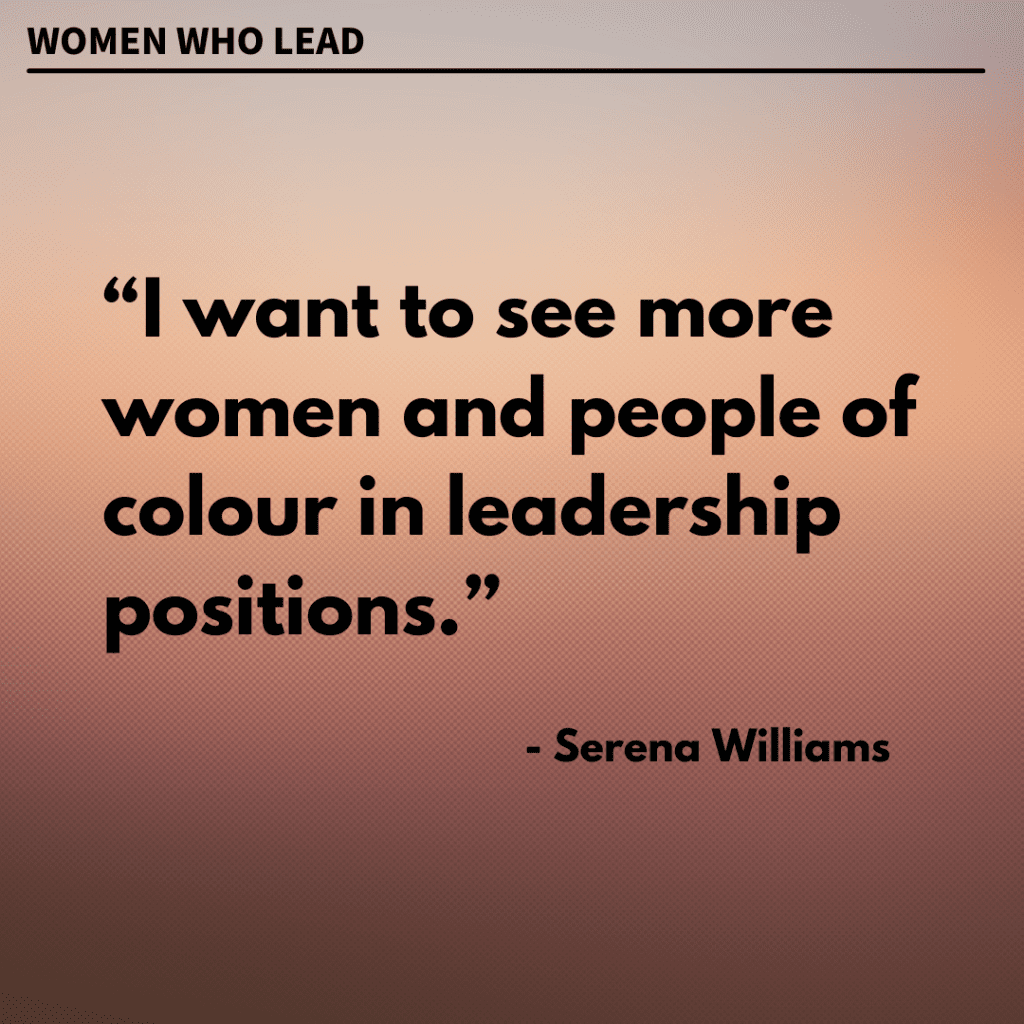

Serena Ventures has also invested in a Black, female founder who is making the fashion industry more inclusive. The company is offering intimate wear in a wide range of skin tone shades. Giving diverse women options, and tackling the long-standing issue of certain consumer bases being overlooked.
A brand collaboration highlighting Williams investment in brands with female, BIPOC founders is her collaboration with luxury luggage company, Away. It’s evident that Williams chooses her partners carefully to align with her socially-conscious values. As an avid traveller she has designed a line of luggage and travel essentials alongside Away founder Jen Rubio to get people excited about the future of travel. It’s an especially poignant topic for the travel and tourism industry, which has been devastated by the COVID-19 pandemic.
RELATED: 5 Questions with Serena Williams on Travel, Business, and Her Latest Collection with Away
Whether by collaborating with brands with similar values, funding startups, or introducing founders to other like-minded VCs, it’s evident that Williams is opening doors and creating opportunities for diverse entrepreneurs, especially women.
“I want to see more women and people of colour in leadership positions. Diversity is one of the most important priorities for Serena Ventures, and we make sure every company we work with is improving the world in some way,” said Williams
So, what does the road ahead look like for BIPOC women entrepreneurs? How can VCs make a concerted effort to hire more BIPOC women VC managers and nurture their growth into partners? What steps should VCs take to ensure more funding is given to BIPOC, women founders? While a lot of work still needs to be done to uplift these women, with influential leaders like Williams championing the cause, there is hope that the VC world will take strides towards achieving greater diversity—or risk being left behind in a world that many are eager to move beyond.



